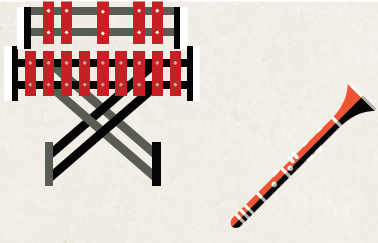The Role of Music
‘Whenever humans come together for any reason, music is there,’ writes Daniel Levitin ‘. . . weddings, funerals, graduation from college, men marching off to war, stadium sporting events, a night on the town, prayer, a romantic dinner, mothers rocking their infants to sleep and college students studying with music as a background….’ (This is Your Brain on Music, 2006)
Music is one of the most important aspects of culture. It also plays an important economic role. In this interview, Vikas wants to learn what his guests are thinking about music. Moby, an award-winning international recording artist, DJ and photographer, thinks although a painting or a photo can physically exist, music cannot. Hans Zimmer, an international award-winning composer and music producer who has composed music for over 100 films, thinks music is an organised chaos in a good way. He adds that music lets people rediscover their humanity and their connection to humanity. Why do we put music behind slideshows we make at home, in sound tracks to movies, to change our mood when we get in the car and to help us think deeply? Rusty Rueff, chairman emeritus of the Grammy Foundation, defines music as a language that helps us express and experience emotion. Rita Ora, an award-winning singer, and actress, says, ‘My music is about what I am feeling and willing to share with the world.’ Rueff also says technology has had a huge impact on music, not just for our ability to create and find an audience but also for us as consumers to search.
Moby’s advice to musicians would be to learn how to make classical music, to DJ, to produce, to play live and to write songs for other people—in short, to learn everything, dedicate your life to it and hopefully love every aspect of what you do.
As Friedrich Nietzsche said, ‘Without music, life would be an error.’
(An intervIew by VIKAS SHAH / @MRVIKAS taken from ThoughtEconomics website)

